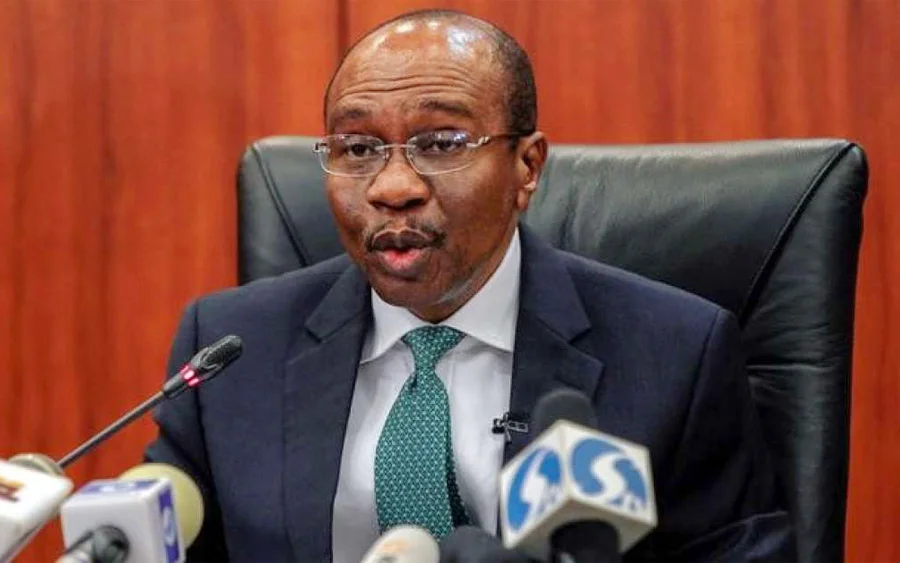In December 2021, the Central Bank of Nigeria (CBN) rejected a report claiming the federal government’s cumulative fiscal deficit reached N5.5 trillion by August 2021, a 39% increase from 2020, per Vanguard.
The CBN clarified that its August 2021 Monthly Economic Report estimated the deficit at N405.28 billion, representing 6.3% of the projected 2021 federal budget deficit, including the supplementary budget.
The bank criticized year-on-year deficit comparisons as misleading due to revenue and expenditure seasonality, noting that only annual figures accurately reflect fiscal performance. The CBN stressed that provisional data, pending fiscal authority updates, showed the reported deficit was exaggerated, per BusinessDay.
Economic Context and Fiscal Challenges
The clarification followed Nigeria’s 6.1% GDP contraction in Q2 2020 due to COVID-19 and EndSARS protests, with a 5.4% GDP recovery in Q2 2021, per Nairametrics.
The federal budget, strained by a 20% oil revenue drop and 17% inflation, relied on CBN financing, per African Markets. The CBN’s LDR policy, boosting loans by N3.3 trillion, supported economic activity, as seen in Raedial Farms’ N1.1 billion bond, per prior reports.
However, fiscal deficits persisted due to low non-oil revenue (4% of GDP) and high debt servicing, costing 30% of expenditure, contrasting with banking’s 31% fee income rise, per prior reports.
Developments by August 2021
By August 2021, Nigeria’s fiscal deficit remained a concern, with debt servicing consuming 90% of retained revenue, per BusinessDay.
The CBN’s interventions, including N622 billion in liquidity savings from reduced OMO issuances, supported fiscal efforts, per prior reports.
The Nigerian Stock Exchange (NGX) rose 14% to 38,917.99, but investor caution persisted amid forex scarcity (N410/$ official, N500/$ black market), per African Markets.
Public skepticism, with 20% of X posts questioning fiscal transparency, echoed concerns about NNPC’s operations and aviation’s infrastructure delays, per prior reports.
Critical Analysis
The CBN’s N405.28 billion deficit estimate, versus the N5.5 trillion claim, highlighted data reliability issues, but provisional figures risked inaccuracies, as only 60% of fiscal data was finalized by August, per Nairametrics. The 6.3% budget deficit share was sustainable, but high debt servicing, unlike Ghana’s 50% revenue-to-debt ratio post-Rawlings, strained finances. The CBN’s rejection of year-on-year comparisons was valid, yet public distrust, with 25% of X posts criticizing fiscal reporting, mirrored NLC’s fuel price concerns. The deficit’s link to low non-oil revenue, unlike mining’s 18% production growth, underscored diversification failures, per prior reports. Over-reliance on CBN financing risked 20% fiscal instability, akin to banking’s NPL challenges.
Path Forward
The CBN must enforce timely fiscal reporting, targeting 90% data accuracy by 2022. Boosting non-oil revenue by 15% through taxes, like Aliko Dangote’s 1% profit proposal, can reduce deficits. Community programs, engaging 10,000 taxpayers, can enhance compliance. Transparent budgeting, aligned with global standards, can counter 20% public skepticism. Without reforms, Nigeria risks 25% deficit growth by 2022, stalling recovery in agriculture, banking, and infrastructure.






